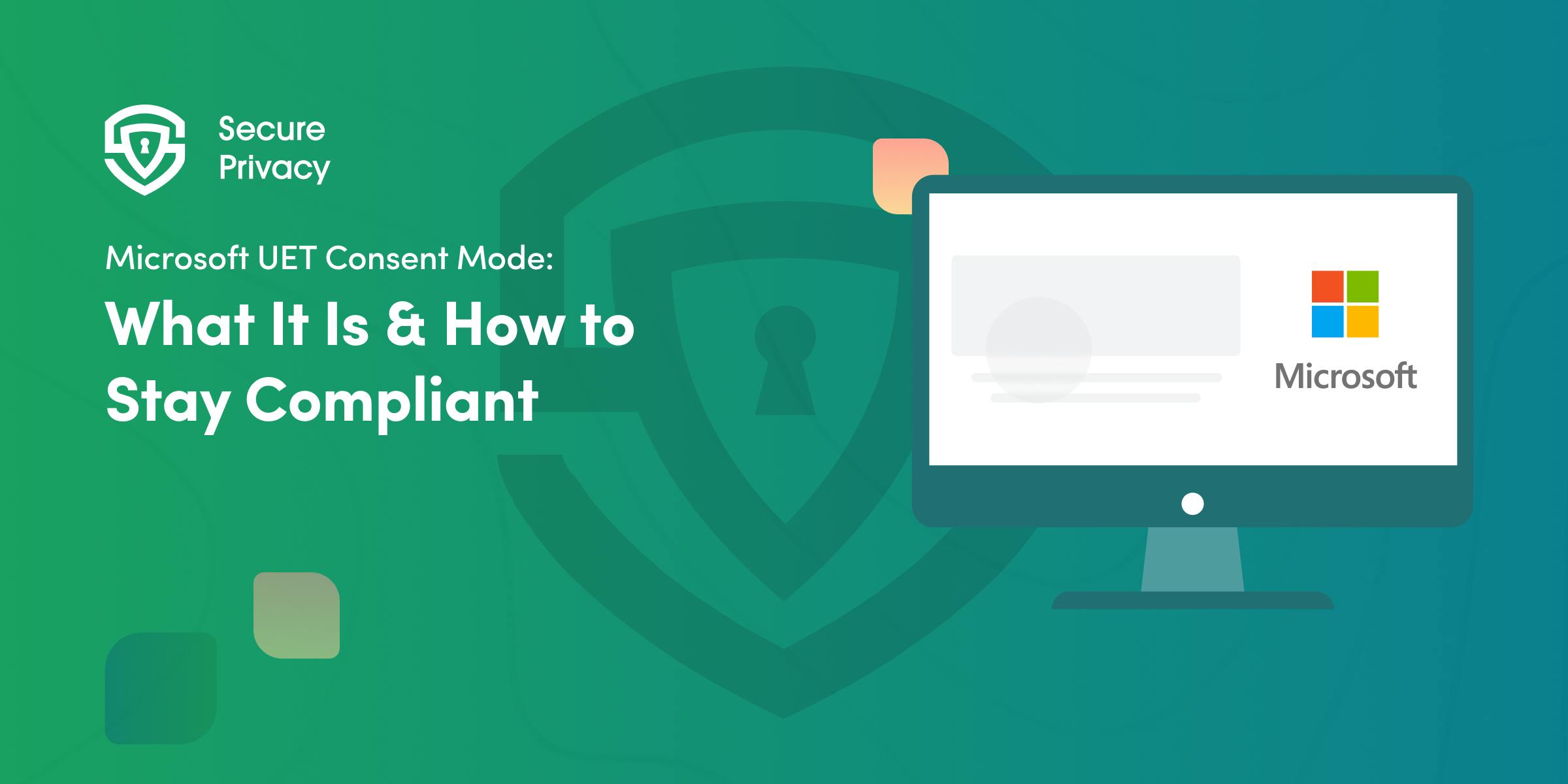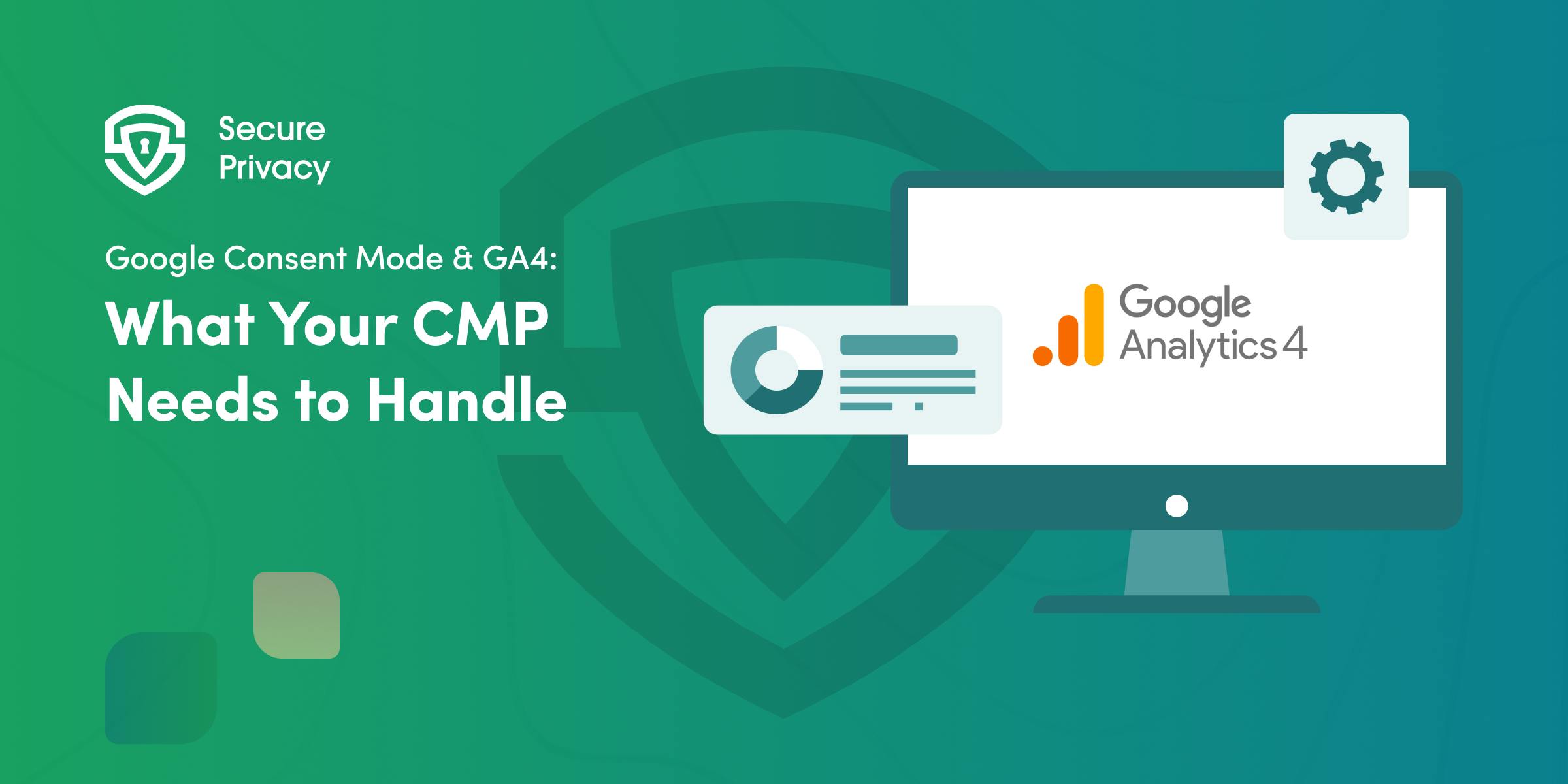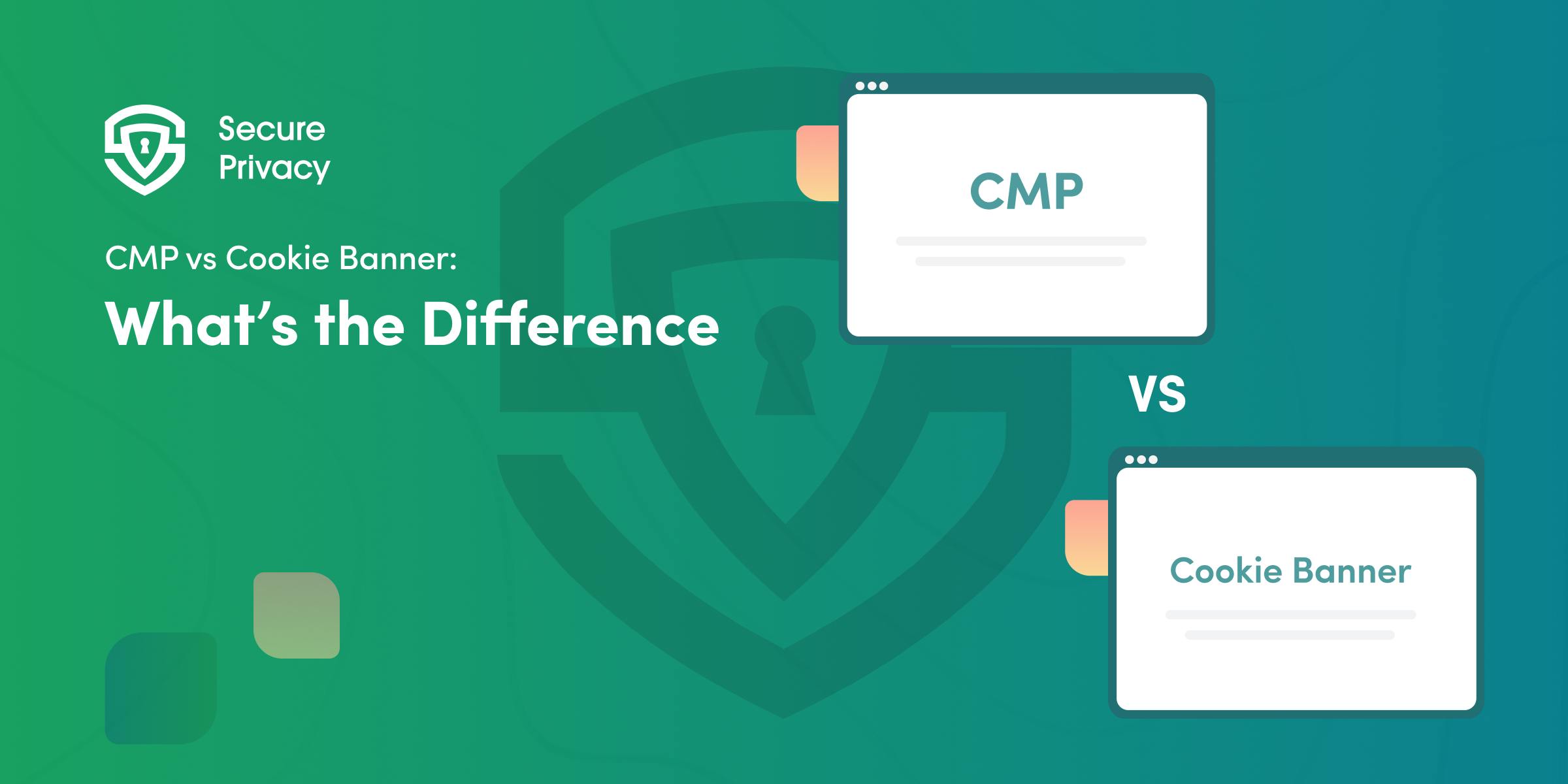How to enable cross-domain consent
Cross-domain consent is useful when you want to collect user's consent across multiple domains using a single cookie banner.
Cross-domain consent is useful when you want to collect user's consent across multiple domains using a single cookie banner. It is good for the user experience when you redirect users to multiple websites/domains. You can see a video of the functionality here.
Follow these steps to enable cross-domain consent. We assume that you have already added your domains inside the domain management panel, and onboarding is complete for all domains.
1. Install Secure Privacy script on all domains.
2. Click on All Domains and navigate to Domains page.
3. Scroll the table to the right, where you can see Domain Consent Group.
4. Edit the column Domain Consent Group for all the domains on which you want to enable cross-domain consent.
5. Make sure that the enable of each group is the same. For example in the below image the Group name is GroupA.

6. Once done, cross-domain consent is enabled for these domains.

Microsoft UET Consent Mode: What It Is & How to Stay Compliant
Your Microsoft UET Consent Mode setup might be facing new compliance deadlines that could shut down conversion tracking if you're not prepared. Since May 5, 2025, Microsoft requires explicit consent signals for all visitors from the European Economic Area, UK, and Switzerland, regardless of where your website is based.
- Legal & News
- Integrations

Google Consent Mode & GA4: What Your CMP Needs to Handle in 2025
Your Google Analytics 4 data might be incomplete or non-compliant if your consent management platform isn't properly integrated with Google Consent Mode v2.
- Legal & News
- Integrations

CMP vs Cookie Banner: What's the Real Difference?
Your website's simple cookie banner might be creating a false sense of compliance while exposing your business to massive legal risks. If you think clicking "Accept" on a basic popup satisfies GDPR requirements, you're probably wrong — and regulators are getting increasingly aggressive about enforcing the difference.
- Legal & News
- Data Protection
